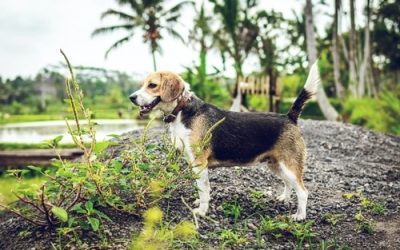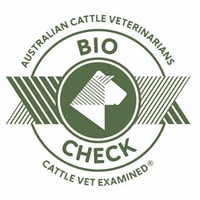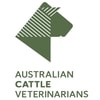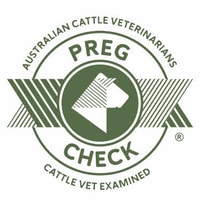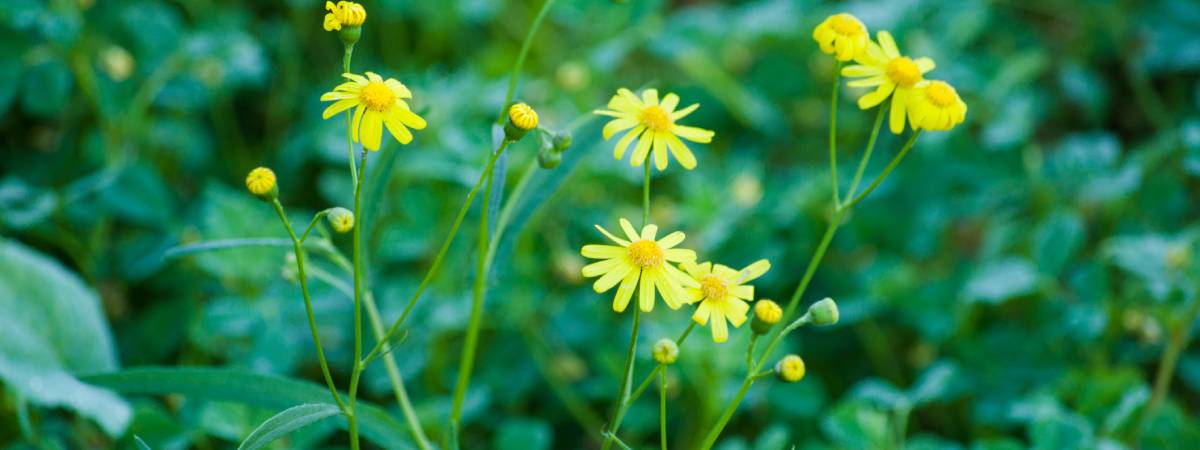
There are a few types of fireweed found in Australia, with majority of species being poisonous.
This plant is a short shrubby plant with yellow daisy like flower.
Cattle become affected if they are short of feed, or not used to having the plant in their environment. Sheep and goats seem to be more tolerant to the toxic effects and can be used to manage fireweed.
The most common is Senecio madagascariensis can cause liver disease when ingested. This is a slowly developing disease. Initially signs can be quite vague like:
- lethargy
- diarrhoea
- general unwell appearance and behaviour
When liver function is affected enough, you will spot signs of jaundice – the usually white mucous membranes will appear yellow (the whites of the eyes, skin inside vulva etc.).
Cattle will become photosensitive and get sunburn on paler parts of their nose/mouth area, they can become dull and stagger with nervous signs.
There is no specific treatment, only supportive care which includes removing the animals from the pastures affected, putting on good quality hay and locking them up with shade and water.
Giving antibiotics can help prevent secondary diseases due to the ineffective liver.
If an animal has been acutely affected, treatment can also include binding agents such as bentonite, and giving vitamin B1 to help prevent neurological brain signs.
Unfortunately, pasture management involves treating the fireweed after the autumn rains with chemical treatments or physically removing the plants.
If you are physically removing the plants, make sure you wear gloves as it can be irritating to human skin.
Once there is any sign of a flower, we recommend introducing sheep or goats to the property to eat the plants, was the flowers indicate the presence of seeds, which can be further spread with physical removal. Please note, sheep and goats used to eat the plants but can’t be used for more than 2 seasons in a row and should be non breeding stock.
More information can be found on the DPI website: https://weeds.dpi.nsw.gov.au
RELATED ARTICLES
Coronavirus and Pets
Worried about your pet and Coronavirus? We know some of our pet owners are concerned about Coronavirus (COVID-19) and can it be passed to pets? Here is some information to help.What you need to know about COVID-19 and your pets? A report of a Pomeranian in Hong Kong...
Rat Bait Toxicity
During the cooler months we see more animals presenting to the clinic with Rat Bait Toxicity. As many are aware, baits designed to eradicate rodents have anticoagulants in them which essentially means they impair our pets ability to clot their blood. This means that a...
Arthritis
Dog and Cat Arthritis Tips Arthritis is a very common condition in both dogs AND CATS! Here are some easy tips that you can do at home to ease your pets discomfort. Ensure they have soft bedding to lie on - hard cold floors exacerbate problems Ensure exercise is...
Dental Care
Did you know 85% of animals over 3 years of age have some form of dental disease?Why is it important? We cannot stress enough how important dental care is to our pets. Dogs and cats instinctively do not show pain, as this is a sign of weakness making them vulnerable....
RELATED
ARTICLES

Coronavirus and Pets
Worried about your pet and Coronavirus? We know some of our pet owners are concerned about Coronavirus (COVID-19) and can it be passed to pets? Here is some information to help.What you need to know about COVID-19 and your pets? A report of a Pomeranian in Hong Kong...
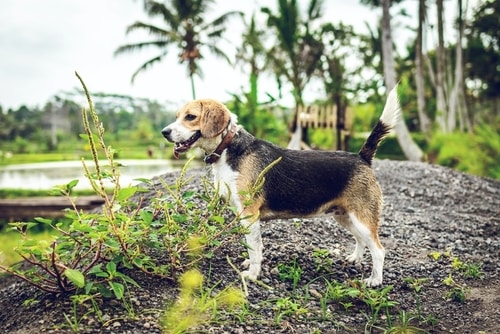
Rat Bait Toxicity
During the cooler months we see more animals presenting to the clinic with Rat Bait Toxicity. As many are aware, baits designed to eradicate rodents have anticoagulants in them which essentially means they impair our pets ability to clot their blood. This means that a...

Arthritis
Dog and Cat Arthritis Tips Arthritis is a very common condition in both dogs AND CATS! Here are some easy tips that you can do at home to ease your pets discomfort. Ensure they have soft bedding to lie on - hard cold floors exacerbate problems Ensure exercise is...
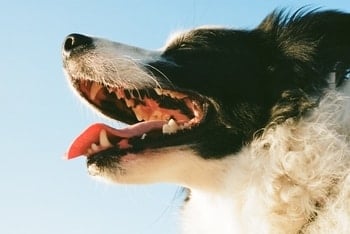
Dental Care
Did you know 85% of animals over 3 years of age have some form of dental disease?Why is it important? We cannot stress enough how important dental care is to our pets. Dogs and cats instinctively do not show pain, as this is a sign of weakness making them vulnerable....
Call Us Today To Discuss Your Animal Needs
Business Hours Phone: 07 4693 2233




